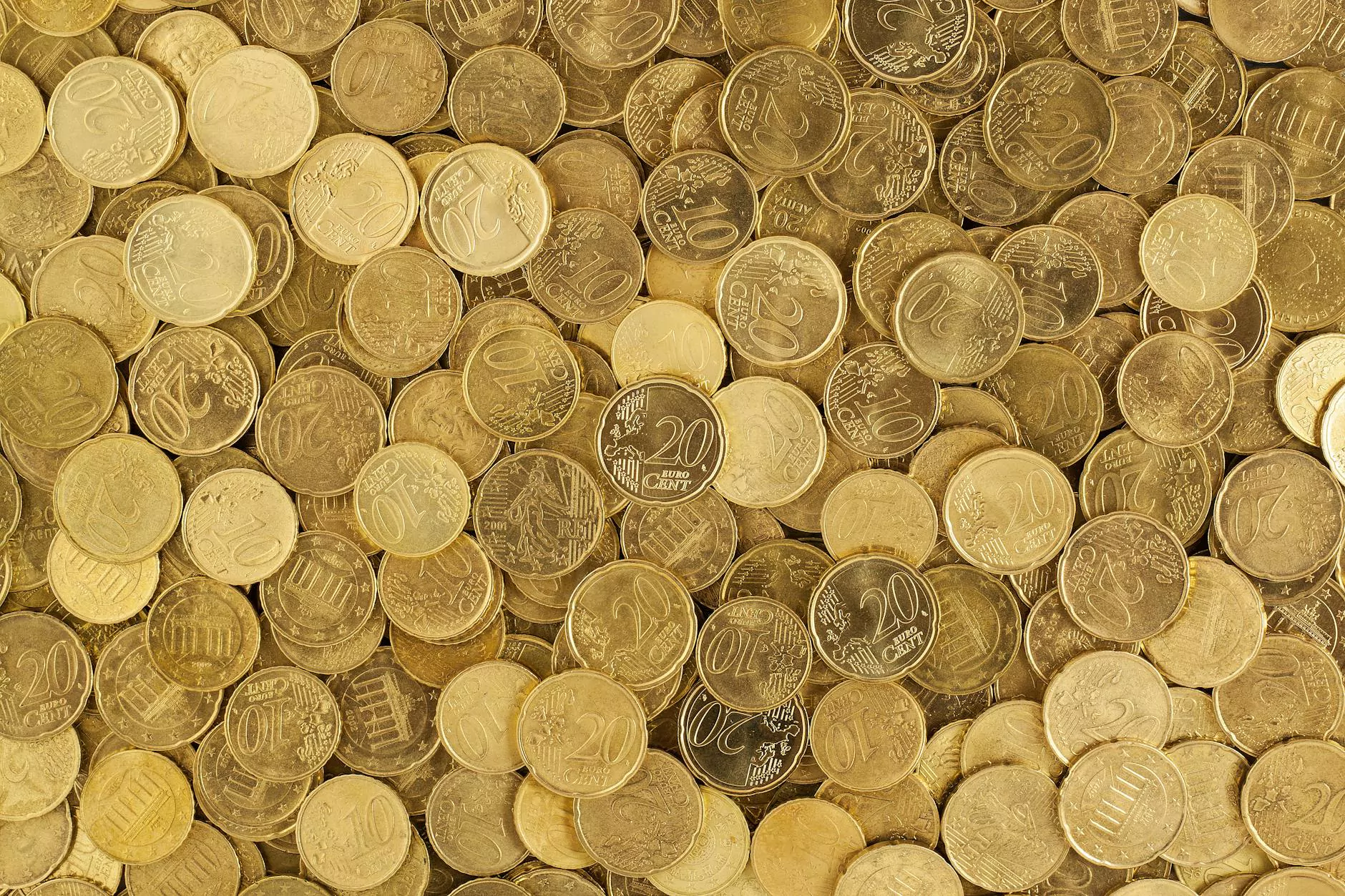Understanding the **Fake Euro Shop** Industry

The world of currency, particularly the euro, is intricate and multifaceted. Among the various aspects of this domain is the controversial topic of the fake euro shop. This article delves into the nuances of this industry, emphasizing both the challenges and opportunities it presents, especially for businesses and consumers alike.
The Rise of the Fake Euro Market
In recent years, the demand for counterfeit currencies, including the euro, has surged, leading to the emergence of numerous fake euro shops. This growth can be attributed to various factors, including increased global trade, the ease of access to online markets, and economic fluctuations.
Factors Contributing to the Popularity of Fake Euro Shops
- Economic Challenges: In times of economic downturn, more people may seek alternative means to supplement their income, leading to an uptick in counterfeit currency transactions.
- Online Accessibility: The internet has made it significantly easier for sellers and buyers to connect, fostering an environment where counterfeit operations can thrive.
- Cultural Perceptions: In certain cultures, the stigma attached to counterfeit goods may be less pronounced, creating a market where fake currency can be more widely accepted.
This modern marketplace presents both risks and rewards
While there are evident risks associated with purchasing fake euros, such as legal repercussions and financial losses, some entrepreneurs see potential in the counterfeit currency market. Globcoffs.com, for instance, operates within this boundary, exploring legitimate avenues within the money for sale category.
The Economic Impact of Fake Currency
The proliferation of fake euro shops does not occur in a vacuum. The implications for the economy can be wide-ranging:
- Inflation: Widespread use of counterfeit euros can disrupt local economies, leading to inflationary pressures.
- Tax Evasion: Counterfeit currency may facilitate tax evasion, ultimately harming public services funded by tax revenue.
- Banking Sector Strain: Financial institutions face increased scrutiny and additional costs to detect and manage counterfeit currency.
How Businesses Can Navigate the Fake Currency Landscape
For businesses involved in or impacted by the fake euro market, understanding risk management and consumer behavior is crucial. Here are some tips:
- Stay Informed: Regularly educate yourself and your staff about the latest developments in counterfeit detection.
- Create Awareness: Inform your customers about the risks associated with counterfeit euros and promote genuine products.
- Implement Security Measures: Use advanced technologies to detect counterfeit currency and train staff to spot potential fraud.
Legal Implications of Counterfeiting
The legal ramifications of engaging in counterfeit currency transactions are severe. Countries impose stringent laws against counterfeiting, which carry significant penalties, including fines and imprisonment. It’s essential for both consumers and businesses to understand these risks before engaging with fake euro shops.
International Laws Against Counterfeiting
Counterfeiting laws vary by country, but many adhere to international standards. The consequences of being caught with counterfeit euros can lead to:
- Criminal Charges: Possession of counterfeit goods is treated as a serious offense in most jurisdictions.
- Confiscation of Assets: Law enforcement agencies have the authority to seize both counterfeit currency and any assets gained through illicit means.
- Reputation Damage: Businesses caught dealing with counterfeit currency face reputational harm that can be long-lasting.
Finding Legitimate Sources for Currency Exchange
For individuals and businesses seeking to exchange currency or engage in cash transactions, it is vital to use trusted sources. Below are recommendations for ensuring legitimate exchanges:
- Use Established Banks: Conduct currency exchange through reputable banks known for their reliability and authentic transactions.
- Check Regulatory Compliance: Ensure that your currency exchange partner is compliant with all local and international laws regarding currency transactions.
- Utilize Technology: Leverage apps and websites that help identify legitimate currency exchange rates and practices.
The Future of the Fake Euro Shop Industry
As technology evolves, the fake euro shop industry is likely to change. Here are some potential trends to consider:
- Advancements in Detection Technology: New technologies may emerge to help detect counterfeit currency more effectively.
- Increased Regulation: Governments may impose stricter regulations as counterfeiting methods become more advanced.
- Consumer Awareness: As consumers become more informed about the risks, demand for counterfeit currency may decrease.
Conclusion: Approaching the Fake Euro Shop Market with Caution
While the allure of engaging with a fake euro shop might be tempting for some, the implications of such transactions can be severe. Businesses, consumers, and regulators must work in tandem to ensure that the risk associated with counterfeit currencies is mitigated.
Ultimately, understanding the landscape of the money for sale category and acknowledging the potential hazards while identifying legitimate opportunities is essential for navigating this complex market effectively.
As we look to the future, knowledge will be our most valuable asset. Engaging with this industry wisely can prevent pitfalls and lead to successful outcomes for both consumers and businesses alike.









